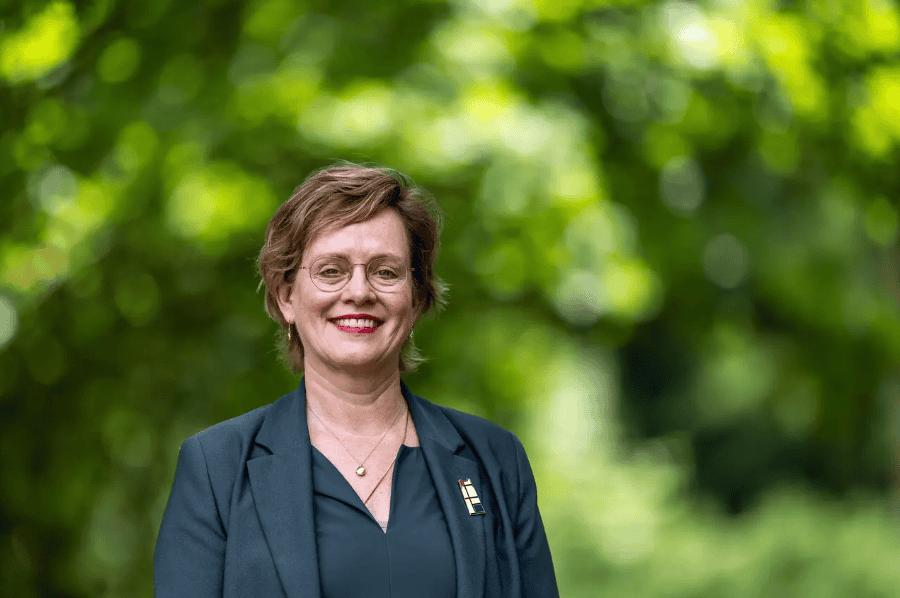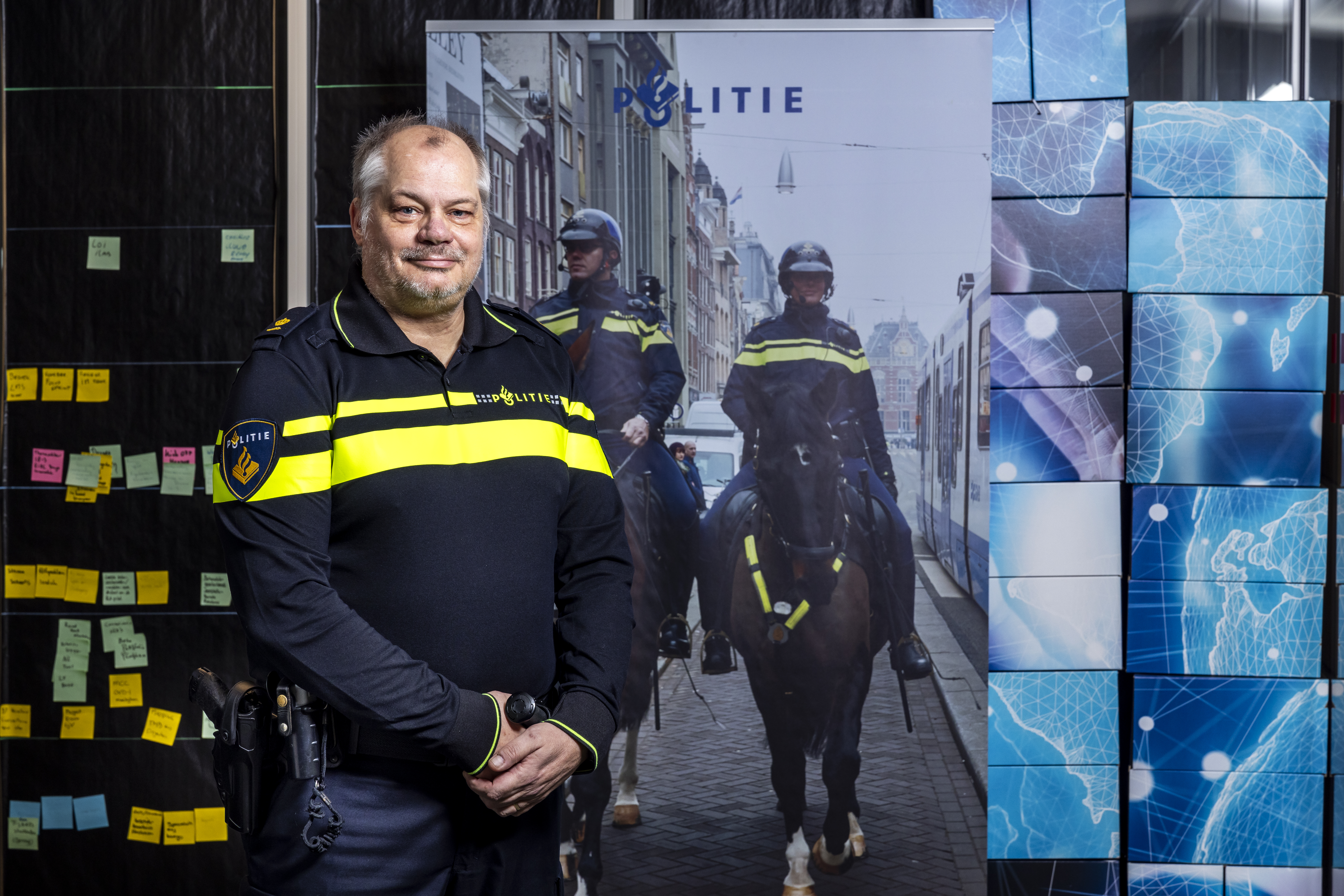
TEC for Society, the guideline that Fontys University of Applied Sciences’ embraced last year, can help restore the inclusive society. In her New Year speech, Fontys president of the board, Nienke Meijer, noted that the growing social gap and the faltering Dutch ‘polder model‘ (based on finding compromises) call for new solutions.
TEC – that is Technology, Entrepreneurship and Creativity – is a means to close the social gap, Meijer thinks. “It can be the connection between what brings people together. Not an internet-of-things, but an internet-of-people. There are many examples where that already works. I see it as our social task to bring it a step further.”
There is something quite wrong in the relationship between politics and the media, Meijer observes, just like Eric van Schagen earlier this week. “The discussions on Twitter are no longer about the real issues; politicians become political entrepreneurs, who, because of the rapid change in the electoral population, are constantly working on generating statements for media value. Because more media attention is more political profit. The result is more and more one-liners, test balloons and simplistic statements. And at the same time, you see that media are going along with it because they also have to deal with a shrinking viewer and reader audience. This leads to a hostage drama with large groups in our society that no longer recognize themselves in the story. The result: a growing social gap between the haves and have-nots, the cans and cannots and the connected and disconnected.
Nienke Meijer quoted Herman Tjeenk Willink who, in his essay “Groter denken, Kleiner doen“, notes that the social gap is widening in our country (and throughout Western Europe). Large groups are losing the connection, whether or not unintentionally. “This is not only about people who lack the right skills, but also about those who no longer recognise themselves in the political representation. The ‘yellow vest movement’ is also an example of this”, Meijer said.
According to Meijer, the consequence of the growing social gap and the faltering ‘polder model’ is that the contradictions harden, leading to political shyness of action, or even deadlocks. The difficult approach to pension consultations, the problems around the energy agreement and the shortage of teachers speak volumes in this respect, she says. “This too threatens an inclusive society, because the distance between many people and the content of political and public debate is growing.”
According to the Fontys president, there is, therefore, a need for new perspectives. She mentions two perspectives in her speech. “The first is the people-oriented economy that Yuri van Geest, founder of Singularity University Netherlands, often writes about. In this economy, organisations contribute to society on the basis of their own passion and conviction. Moreover, technology and artificial intelligence are no longer a threat to the employment of people, but rather an opportunity to further develop the talent of people.” The second perspective is from Jeff Gaspersz: the insight that hierarchical structures and top-down management style are no longer leading, but that the true innovation and change power of organizations lies in the potential of all employees. The two perspectives provide starting points for closing the social gap, Meijer thinks.
The ultimate goal is to help both the Fontys community and society as a whole to overcome this gap. “It’s about everyone’s participation, to really participate personally and to make sure that you are the change you want to see.”
Listen to Nienke Meijer’s complete speech here (in Dutch):
Photo: (c) Fontys








